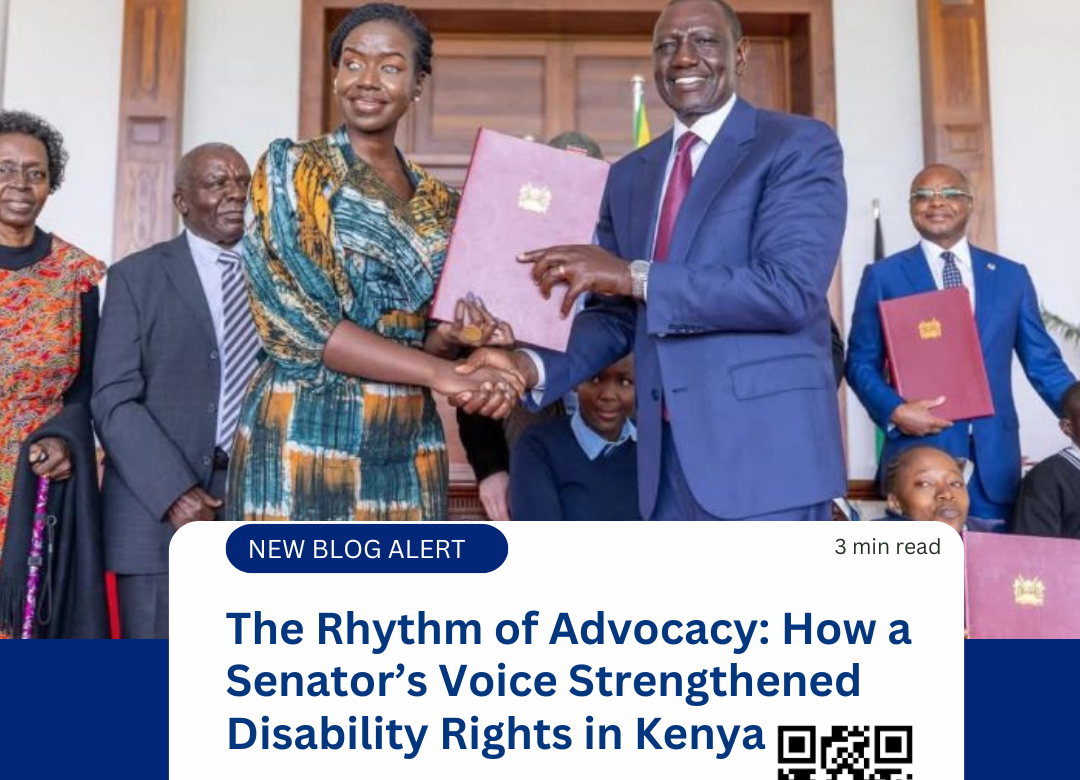Overview
This project was about assessing the revised Pan African Parliament (PAP) Protocol, with the aim of determining the potential implications, both positive and negative, of implementing the revised protocol on the PAP as an organ of the African Union and on its members at national level. The assessment was to assist PAP to design a comprehensive strategy to roll out the implementation and ratification of the revised Protocol. It also sought to aid the PAP to identify matters to be fulfilled, minor problems that have significant impact on the fulfilment of the revised protocol, the risks that are likely to be presented by the protocol and identify the most efficient mitigating measures for the successful roll-out of the revised protocol.
The Pan African Parliament’s revised Protocol was adopted by the African Union Summit of January 2014. The Revised Protocol will, after ratification by the Member States, replace the maiden Protocol that came into force in December 2003 and culminated in the inauguration of the Pan African Parliament in March 2004. It is expected that, once the revised Protocol is in force, the operations of the PAP will be affected in several ways. This is so because the revised Protocol confers onto PAP some responsibilities and ways of transacting business which were not expected in the maiden Protocol. In the maiden PAP Protocol, the Pan African Parliament was expected to function as an advisory and consultative body for the African Union. The revised Protocol, on the other hand, intends to transform PAP into a parliamentary organ of the African Union (AU) with legislative responsibilities in the AU governance framework. This transformation shall have wide and serious implications for the composition, functions, and powers of the PAP.
Upon the establishment of PAP by the African Heads of states, the leaders envisaged that the growth of PAP into a classical Parliament would be in phases. Thus, in the short term, the Protocol that established PAP gave it only consultative and advisory powers. The Protocol would be progressively amended at given intervals to bestow PAP with increased responsibilities that would gradually assist it in turning into a classical parliament in the AU governance system. The revised PAP Protocol is intended to fulfil that intention.
Interventions
The assessment was done in three phases. The inception phase entailed meetings with the PAP Bureau members and management. Other activities at this stage included desk/literature review, design of assessment plan and instruments.
SWOT analysis workshops with members and staff of PAP and a series of stakeholder consultations were held to gather data. This was followed by data analysis and the preparation of the assessment report. There was a consultative and validation workshop where feedback and additional inputs were received towards the finalization of the report.
Outcomes
The assessment among other things:
- Determined the implications of PAP as a Legislative Body as opposed to its current advisory and consultative powers;
- Determined the implications of the implementation of the revised protocol in terms of PAP as an institution through increased responsibilities which may impact the current PAP Organizational Structure;
- Identified the requisite capacity needs/skills gaps of the current PAP staff to deliver on the emerging responsibilities as a Legislative Body since the current Organizational Structure did not take cognizance of the implications of operationalising the revised protocol
The assessment report also provided an action plan for the PAP for a number of institutional reforms and initiatives.
Partners
- Pan African Parliament
- European Union

